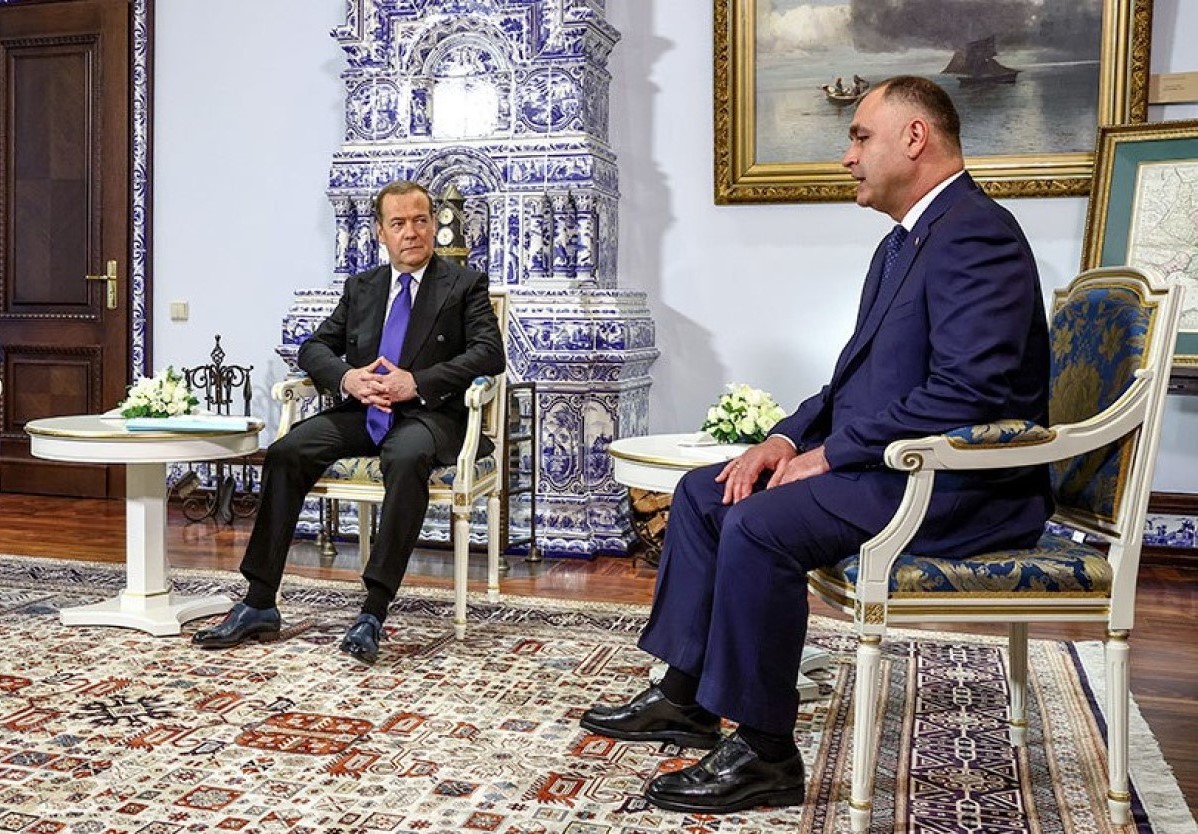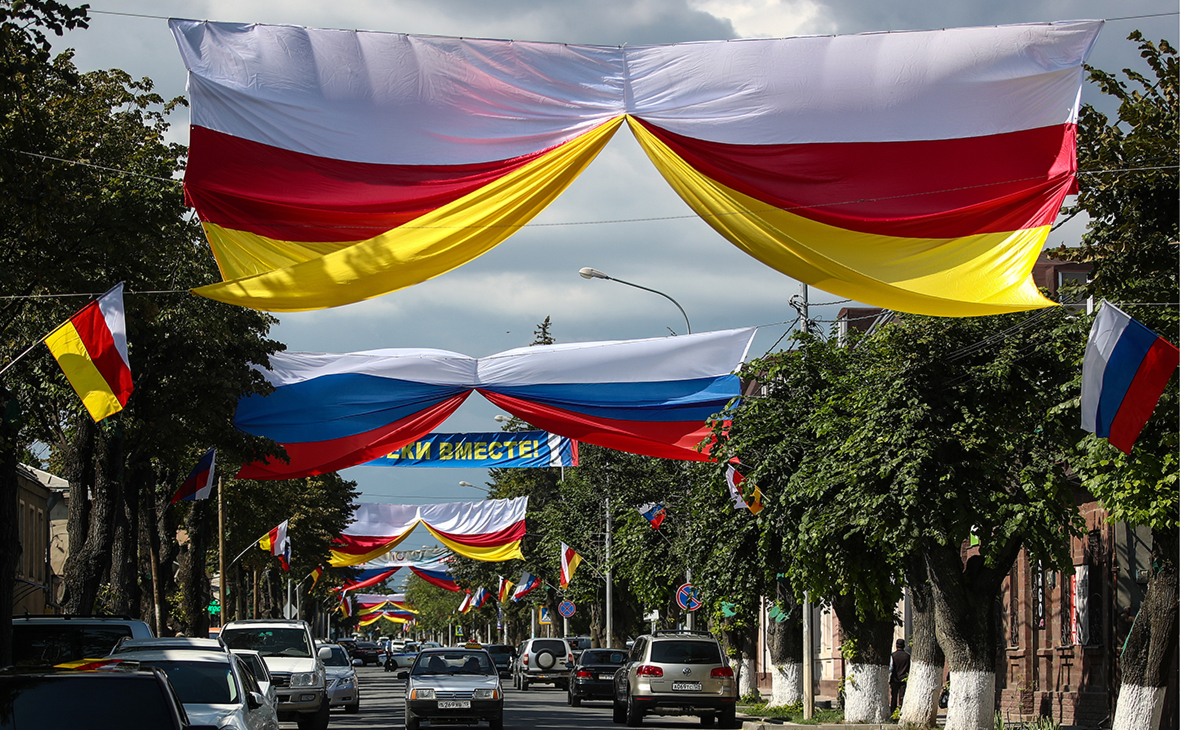South Ossetia hit by increase of customs duties on goods from Russia
The increase in customs duties on goods exported from Russia has provoked shortages and a sharp rise in prices in South Ossetia. Although President Alan Gagloev promised that the duties would be lifted this week, few believe his promises.
- “Total failure” or “everything will get better”? The first two years of Alan Gagloev’s presidency in South Ossetia
- Postal workers in South Ossetia: “We survive while the authorities feed us promises”
Starting October 1, 2023, a Russian government decree increased customs duty rates on certain categories of goods exported from Russia to seven percent.
This also applied to goods exported to South Ossetia, although it did not apply to a wide range of essential goods, such as meat and dairy products, flour and cereal products, baby products, etc.
A month and a half later, in November, Alan Gagloev notified the Russian side about problems that arose due to the suspension of registration of goods imported from Russia. But no progress has been made yet.
Meanwhile, the negative consequences were not long in coming. Entrepreneurs began to incur losses, there was a shortage of goods, prices rose many times over, and the purchasing power of the population noticeably decreased. Owners of goods complain that vehicles and cargo have been subjected to stricter checks when crossing the Russian border.
Telegram channels say that the procedure for exporting goods from Russia has also become much more complicated: many cars are completely unloaded, which means additional expenses for movers and the threat of losing perishable products. One has to stand in line for unloading and inspection for two or three days.
The Russian Federal Customs Service, however, says that there are no obstacles in processing products and passing customs control, and that “the speed of passage depends on the quality of the documentation.”
South Ossetian businessmen who earn money from buying and selling food and manufactured goods have written a letter to Russian President Vladimir Putin asking him to consider abolishing the customs duty, which is unaffordable for South Ossetia.
Residents of South Ossetia fear that a food crisis could start amid food shortages, heavy precipitation and the closure of the only road linking it to Russia.
In previous years, snowfalls have forced rescue services to close the road for several days. In such cases, store shelves were emptied overnight. “And now we have nothing to stock up on,” complain the residents of Tskhinvali.
In general the financial situation of the population is deteriorating, says South Ossetian economist Vyacheslav Dzhabiyev. And the standard of living is affected not only by the increase in customs duties, but also by the fact that South Ossetian industry is mostly unprofitable:
“In industry only the clothing factory BTK-4, wine and vodka industry and some types of construction materials show positive dynamics. In agriculture, the number of livestock decreases from year to year due to the decrease in the rural population.
Only grain yields have increased. But there is no equipment for processing grain into flour and mixed fodder, and the number of livestock is decreasing. In addition, due to the sharp increase in the price of diesel fuel, many farmers will not sow more grain, because there will be total losses.
The tourism sector tends to develop, as the number of tourists is increasing significantly every year and the infrastructure for their reception is improving.”
Comparing the main social indicators of North and South Ossetia, Dzhabiyev concludes that the level of welfare in South Ossetia is significantly lower than that of Russia,and this difference will become even greater with the increase in customs duties and gasoline prices.
Terms, place names, opinions and publication ideas do not necessarily coincide with those of JAMnews or its individual employees. JAMnews reserves the right to remove comments on posts that are deemed offensive, threatening, violent or otherwise ethically unacceptable.




















